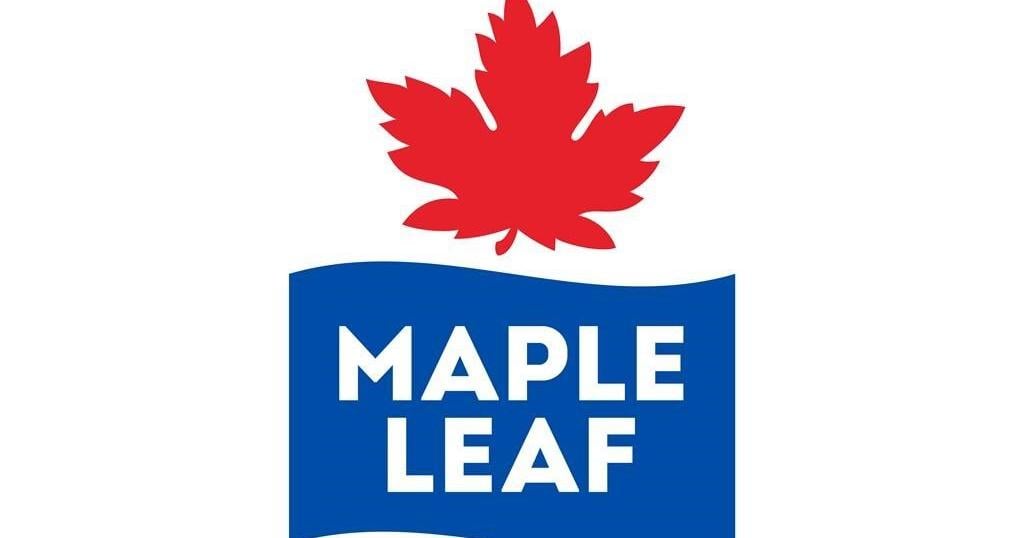That was the assessment given to a House of Commons committee earlier this month by Canada’s deputy commissioner of elections, referring to 23 files their office received about potential foreign interference in the country’s two most recent elections.
The details of the complaints, lodged by members of the public, are not widely known. But they have not resulted in any consequences to date.
And while the RCMP confirmed this week that they are probing “broader foreign actor interference activities,” the force noted that the investigations are among the most sensitive files currently handled by the force. That’s likely not only due to the political sensitivities involved, but the sophistication of some of the actors believed to be exerting the influence.
Some of these reported influence activities don’t break the letter of federal elections law, while others fall outside the jurisdiction of the Commissioner of Canada Elections — such as the deliberate sowing of misinformation.
But deputy commissioner Marc Chénier’s comments suggest gaps in efforts to curb foreign influence in Canadian elections. Canadian security and intelligence agencies are increasingly sounding the alarm about the issue, and one country in particular: China.
“Beijing starts off by wanting to suppress, to the extent it can, anything negative about itself,” Dick Fadden, Canada’s former spymaster and a national security advisor to two prime ministers.
“It doesn’t like negative press, it doesn’t like negative bills before Parliament or a legislature. It wants to be able to have people in place who will not do negative things, or who will fight negative things.”
According to the elections watchdog, the complaints against “foreign components” can pose significant hurdles to their investigations, and noted the challenge is “not unique” to their office.
Some activities, like spreading misinformation on social media platforms, fall outside the commissioner’s jurisdiction. And without a foreign agents registry — which would require anyone acting on behalf of a foreign power to publicly declare their work — much of it goes unnoticed by the wider public.
“We have to compare this kind of activity with other activities with foreign involvement that are more concrete. Terrorism, for example, there’s a bomb involved, there’s something concrete,” Fadden said. “You can pursue it; you can find it.
“Here, it’s much more difficult. You can’t have (the Canadian Security Intelligence Service) investigating all constituencies in Canada for this kind of thing, that would be an affront to democracy in itself.”
Questions about foreign interference have once again become an issue of debate in the House of Commons after Global News reported earlier in November that Prime Minister Justin Trudeau and members of his cabinet were briefed in January 2022 about a clandestine network guided by the Chinese consulate in Toronto.
According to Global News sources, this loosely affiliated group comprised politicians and aides from the Liberals and Conservatives, with the Chinese Communist Party (CCP) attempting to place people sympathetic to its agenda in political offices to influence government policy.
Other intelligence sources told Global that the consulate disbursed $250,000 through proxies to the network, which included 11 or more candidates standing for election in 2019.
While the briefings did not allege that Beijing was directly funding those candidates, that’s how the issue has been interpreted in the political debate in the House of Commons.
“I do not have any information, nor have I been briefed on any federal candidates receiving any money from China,” Trudeau said in response to Global’s reporting.
“The Prime Minister has used words to obscure the answer. He says that there was not interference in a significant way that would have changed the outcome (of the 2019 election),” charged Conservative Leader Pierre Poilievre on Tuesday.
“Was there any interference of any kind?”
“Interference in Canadians’ affairs by foreign powers is an ongoing thing,” Prime Minister Justin Trudeau responded.
“Whether it is cyber interference, whether it is interference with communities in Canada, whether it is attempts to influence the media, these are things that take place on an ongoing basis and things that our intelligence agencies and police agencies work very hard to counter. However, Canadians can be reassured that the integrity of our elections was not compromised.”
The Canadian government started taking election interference seriously in 2017 — largely in response to the 2016 U.S. presidential election and questions about Russian interference. Prime Minister Justin Trudeau tapped key ministers to monitor and counter foreign interference, and the country’s spy and law enforcement agencies were tasked with ensuring the integrity of the 2019 and 2021 elections.
Despite the intelligence agencies’ attention — and the documented evidence of pervasive foreign influence in Canadian domestic affairs — there have been no charges, and senior bureaucrats have determined the activity merits publicly warning of Canadian voters.
Trudeau has focused his responses to Global News’ reporting on the fact that senior officials — including Chief Electoral Officer Stephane Perrault — have confidence in the integrity of recent elections.
But both things can be true at the same time — that the overall integrity of the vote in 2019 was not compromised, and foreign powers attempted to influence the results in specific ridings.
That there were foreign influence operations targeting the 2019 election is not in dispute. A February 2021 document from the federal Public Safety department reviewed by Global News stated the Canadian Security Intelligence Service (CSIS) investigated multiple foreign “threats” during that election, and provided classified briefings about the operations to a panel of senior bureaucrats tasked with safeguarding the election.
The National Security and Intelligence Review Agency (NSIRA) found that the service strayed from the law in attempting to disrupt some of those perceived threats.
Documents tabled by the RCMP with a Commons committee this week suggest the national police force is currently probing foreign interference, but declined to share details about their ongoing investigations.
“Foreign actor interference investigations are some of the most sensitive national security investigations the RCMP currently conducts, and it must make every effort to protect the integrity of these investigations,” RCMP Chief Brenda Lucki told the Procedure and House Affairs committee, which is investigating questions about foreign influence operations, in a letter.
Fadden told Global News that he doesn’t believe security and intelligence agencies have enough “tools” to pursue complex foreign influence investigations.
“They certainly have a general awareness. Do they have all the tools (they need)? I’m not sure,” he said.
Another former national security advisor to Trudeau, Vicent Rigby, has advocated for a federal registry of Canadians engaged by a foreign power to act on its behalf.
Similar registries have been put in place by close security allies, including the United States and Australia. The United Kingdom recently proposed its own version.
“As an open democracy, Canada has found itself susceptible to interference from adversaries such as China, Russia and Iran, but also from allies or partners such as Turkey, Saudi Arabia, and India. Such interference can include threats, intimidation, and harassment of Canadian citizens and permanent residents, in some cases pressuring them to stop criticizing the human rights and other policies of those states,” read a recent report on Canada’s national security policy, co-led by Rigby.
“While Canadian law enforcement and intelligence agencies have been aware of these concerns for years, individuals who face such harassment are often bounced between local police, the RCMP, CSIS, and other organizations, and express frustration that their appeals are lost interagency processes.”
Former Conservative MP Kenny Chiu proposed a Canadian version of a foreign agents registry in April 2021. The bill went nowhere — dying after first reading in the House of Commons, and Chiu went on to lose his Richmond, B.C. riding in the 2021 election.
Chiu’s riding was one of 13 the Conservatives suspected was targeted by Beijing, and Chiu claimed he was the target of a “smear campaign” during the election as a result of his push for a registry.
Even with more transparency around foreign interventions, or more powers for security and intelligence agencies to investigate these threats, it will be difficult for Canadian authorities to hold determined and sophisticated foreign actors from attempting to influence the country’s democratic process.
“Tracking the financial flows ranges from very straightforward to impossible,” said Insight Threat Intelligence’s Jessica Davis, a former Canadian security analyst specializing in financial intelligence.
“If they don’t feel like they’re breaking any laws, and they’re not concerned about the perception of foreign influence or foreign interference, they could be doing something as simple as sending an electronic funds transfer … to the candidate’s campaign. If you have a warrant, that is a clear, very easy thing to track.”
“If they are concerned about people knowing about it, and traceability, then we start getting into the realm of potential third parties, front companies, front accounts, cash transactions. It really ranges in terms of sophistication from absolutely none to you will only ever have a theory about this and won’t be able to prove it,” Davis added.
A spokesperson for China’s foreign ministry said Beijing “never interferes in other countries’ internal affairs,” and suggested allegations China interfered in the 2019 federal election are “completely groundless.”
With files from Global News’ wire services.
Source link
Related
























